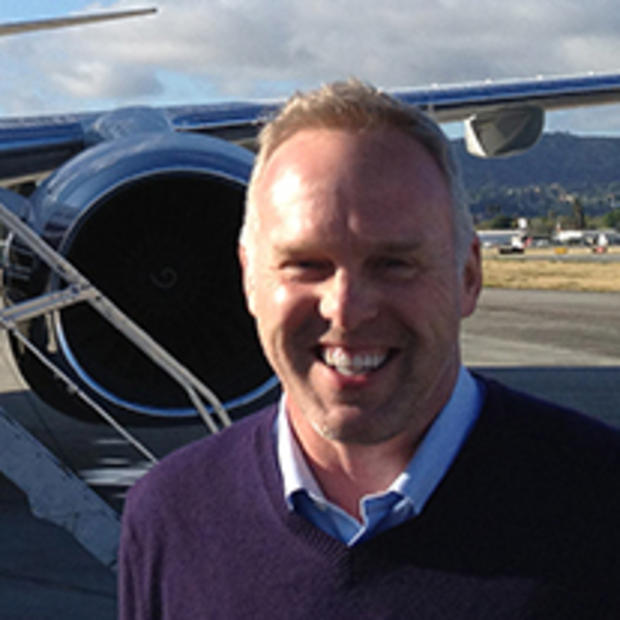Seattle voters are either in no mood to make any changes in City Hall or are simply of the mind to say No to almost everything new, judging from first returns from Tuesday's municipal elections. With the bulk of returns reported by King County Elections at 8:15 pm, most of the outcomes in city of Seattle races appear quite clear.
As for the Seattle City Council, the prediction of a high-level City Hall staffer summed it up well: "None of them are going anywhere." All five incumbents appear to be headed to easy victories in their races against challengers who, for the most part, had little name recognition and modest campaign budgets.
In Position 1, venerable Jean Godden, longtime newspaper columnist and chair of the council's budget committee, leads over opponent Bobby Forch, 53.6-46 percent. Voters appear quite comfortable to let Godden set her own pace for eventual departure into the sunset at a time of her choosing. Absent any real case for change, and in view of Godden's workmanlike steerage of the budget committee, Godden's name recognition and historic resonance carried the day. Council Position 3 incumbent Bruce Harrell faced no real headwind from challenger Brad Meacham, who pinned his hopes on opposing the deep-bore tunnel. Harrell bested Meacham 62-37.6.
Tom Rasmussen, chair of the transportation committee and Position 5 incumbent, trounced opponent Dale Pusey in an outcome that surprised approximately no one. Rasmussen carried with 72.9 percent. Rasmussen's campaign war chest, raised well ahead of any challengers appearing, was a considerable factor in dissuading primary opponents.
Outgoing public safety committee chair and presumed eventual mayoral candidate Tim Burgess kept his Position 7 seat with the highest score of the night in Seattle, 80.6 percent to token opponent David Schraer's 18.9. Burgess is in line to chair the council's budget committee next year — not an enviable assignment given successive waves of revenue downgrades coming, but a good perch from which to demonstrate management and leadership across the full range of the city.
In Position 9, incumbent Sally Clark, at 65.6 percent, easily squelched community activist Dian Ferguson's effort to unseat her. Clark is in line to be the new council president, where she might stake out some larger leadership themes, particularly in economic development.
The city's Families and Education levy was expected to pass by a strong margin. (Political consultant Christian Sinderman told Crosscut, perhaps with a wink, that he expected it to pass with 70 percent of the vote.) It is winning with 58.6 percent. On balance, this is a huge win for levy supporters, notably Mayor McGinn and Councilmember Burgess. For Seattle to greenlight a property tax and a doubling of a levy in what amounts to an economic depression does say something profound about our appreciation of the need to do something — anything we can reasonably think of, really — to try to improve education.
In the runup to the election, there was much less optimism about the Seattle Transportation Benefit District Proposition 1, the 10-year, $60 annual vehicle license fee proposed to fund a range of city transportation projects and plans. Despite clearing council on a 9-0 vote, this attempt to beef up the city's efforts to sort through its many transportation challenges was pink-slipped — and hard — by voters, losing 60.4-39.6.
Chief among the winners is an ascendant Seattle City Council and particularly Tim Burgess. Rarely has a sitting council been challenged less or wielded more power. Given Burgess' emergence at the absolute top of the heap, the complications of a serious mayoral challenger to Burgess on the council now seems unlikely.
Mayor McGinn won big with Families and Ed levy, which he had pushed for, but lost big with transportation funding. Win one, lose one, but the Mayor is more boxed-in, in terms of initiating major policy or operational trajectory changes, by a stronger and solidified council with unquestionably strong public support. To bust up the concrete of the functional stalemate that has settled in around the mayor and council will take creativity and reinvention on a larger scale and faster pace than seen before. The mayor had the good manners to thank the city council yet in his own comments on the election. Councilmember Burgess made no mention of the mayor or his staff, who were enormous drivers of the levy from inception.
If ever there were a time for a dramatic, bold new approach toward the council or by the council, this next year would be it. Despite the severity of the management challenges Seattle will face in the years ahead (continuing revenue collapse and the circling of privatization vultures around whole chunks of municipal assets), the November election has crafted a civic and government scene that is not likely to fuel innovation in any major way — unless extraordinary efforts are made from both sides of the current imbalance of power.
A Seattle election that cements the stalemate
Voters signaled approval of the current city council, reelecting all incumbents easily, while giving Mayor McGinn a big win and a big loss. This further tips the balance away from the mayor, setting the current stalemate in concrete.

City Council member and mayoral candidate, Tim Burgess.
Voters signaled approval of the current city council, reelecting all incumbents easily, while giving Mayor McGinn a big win and a big loss. This further tips the balance away from the mayor, setting the current stalemate in concrete.


